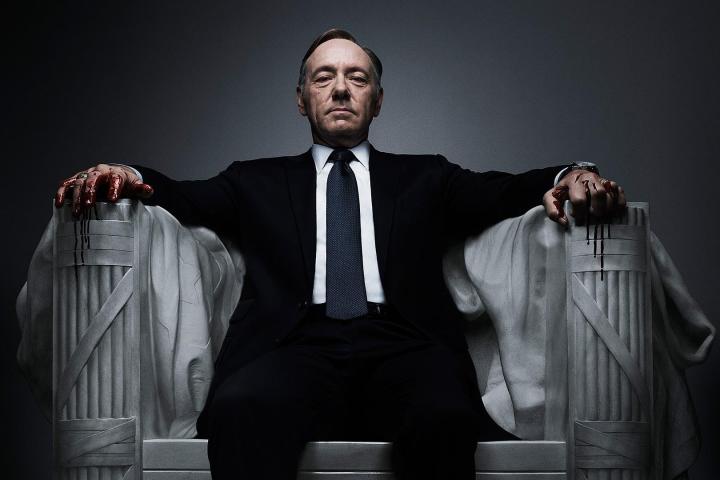
Detailed by the Los Angeles Times, Netflix has reached 31 million monthly subscribers in the United States and over 40 million subscribers worldwide by the end of September 2013. This pushes Netflix past HBO’s 28.7 million monthly subscribers in the United States. Much of the growth can be attributed to the introduction of original content to the service such as Kevin Spacey’s House of Cards and comedy drama Orange is the New Black. However, Time Warner’s HBO still leads Netflix worldwide with 117 million total subscribers.
Interestingly, Netflix CEO Reed Hastings attributed much of the success of Netflix to the large library of new television content recently added to the streaming video service. As new seasons begin on major networks, the previous season is typically made available on Netflix. Within a statement to shareholders, Reed said “While our original series get most of the headlines, a bigger percentage of overall Netflix viewing is generated by our exclusive complete season-after series. During the quarter, we launched new seasons of The New Girl, The Walking Dead, Scandal, Breaking Bad, Revolution and Pretty Little Liars.”

Reed also stressed that Netflix will continue in the direction of developing and launching original content by doubling the company’s investment in 2014. Starting in 2014, new seasons of House of Cards, Orange is the New Black, Derek and Hemlock Grove will be headed to the service as well as unique animated content developed by DreamWorks Animation. It’s likely that other announcements will follow over the next several months.
Not surprisingly, Netflix’s DVD and Blu-ray rental business continued to shrink dropping to just over 7 million subscribers. It’s going to be more expensive for Netflix to continue running that side of the business as the United States Postal Service will likely raise rates again at the start of 2014 and increase Netflix’s operating costs by nine to twelve million over the next year. As mentioned with the company’s outlook for the industry’s long term view, company representatives believe that Internet TV will continue to replace linear TV over the coming decades, thus traditional physical media will become less popular over time.


